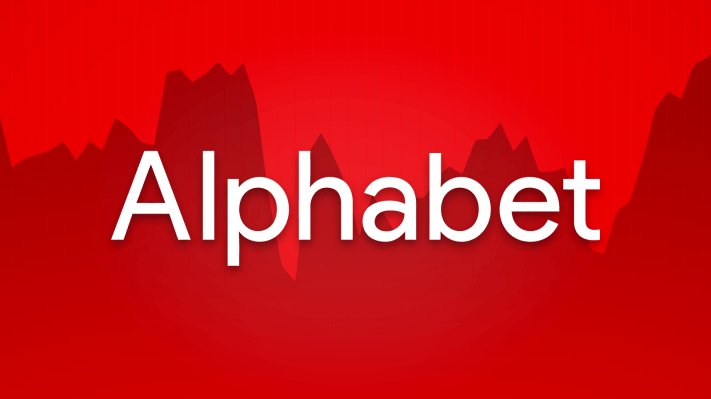For a split second, Alphabet was the most valuable company in the world. Not so much any more, however, with the company’s market cap continuing to slide after it reported its first-quarter earnings.
Relatively speaking, shares of Alphabet are only down around 5 percent in extended trading. But for a company worth more than $500 billion, that’s erasing tens of billions of dollars in value — and increasing the gap between itself and Apple. Alphabet still continues to print money, but it fell under what people were expecting for its earnings report. The company posted earnings of $7.50 on revenue of $20.26 billion, while analysts were expecting earnings of $7.96 on revenue of $20.38 billion.
Alphabet’s cost-per-click — basically how much it makes off each advertising click — continued to decrease, down 9 percent year-over-year for the first quarter. That’s continuing a trend that has seen that number decline for some time now. The theory is that as usage switches over to mobile, the increased number of paid clicks will make up for that declining cost per click. Paid clicks for Google were up 29 percent year-over-year for the first quarter, and the company’s revenue continues to increase.
There has been a lot of talk about weakness in Alphabet’s “other bets,” like Nest, which, according to many reports has been a whiff by Alphabet’s standards. This quarter, the company reported $166 million in revenue off “other bets,” while that segment posted an operating loss of $802 million. Last quarter, revenue was $80 million on an operating loss of $633 million. Growing, but so far still losing a significant amount of money. Naturally, it’s Alphabet’s core business that’s carrying the weight of the costs of its other bets, which include properties like Nest.
Facebook, too, has continued to print money off its advertising business while betting a lot on its own “other bets,” like its purchase of Oculus for $2 billion. So it’s not like Alphabet’s strategy is entirely unique. And again, Facebook’s portfolio of additional services and products hasn’t yet shown that each are a dramatic large business on its own, but it’s Facebook’s continued revenue growth — and regular positive surprises — that keep its shares climbing, like Alphabet.
So, for the time being, Alphabet’s core advertising business — Google proper — remains its strength, while its other hardware bets seem to still be in the process of figuring out how to build a sustainable business. Google’s strategy has been to continue cranking on its ads business while throwing a bunch of stuff at the wall to see what sticks, including buying Nest for $3.2 billion, but it seems like it hasn’t quite found an extra branch of revenue that will help it continue to grow, and potentially surpass Apple again.
This year has been a good one for Alphabet, which has seen its stock grow significantly. On the year, shares of Alphabet are up around 39 percent. But that rise has slowed recently, with shares only moving up around 6 percent in the past three months.
[graphiq id=”hrx4imYfbwN” title=”Alphabet Inc. (GOOG) Stock Price – 1 Year” width=”600″ height=”492″ url=”https://w.graphiq.com/w/hrx4imYfbwN” link=”https://www.graphiq.com” link_text=”Visualization by Graphiq”]
For a brief moment, Alphabet became the most valuable company in the world, dethroning Apple after handily beating its earnings expectations in the fourth quarter last year. Apple quickly regained that title and is now worth around $60 billion more as of the end of regular trading, and that gap widened after the company reported its first-quarter earnings.
[graphiq id=”7VqTwf4vIzj” title=”Apple vs. Alphabet Market Capitalization Over Time” width=”600″ height=”521″ url=”https://w.graphiq.com/w/7VqTwf4vIzj” link=”http://intraday-widgets.findthecompany.com” link_text=”Apple vs. Alphabet Market Capitalization Over Time | FindTheCompany”]
Does this miss mean Alphabet’s strategy is working, or otherwise? Hard to say just yet, given that it only recently began breaking out its other bets, and some of those have only materialized in recent years — Alphabet acquired Nest in 2014, for example. These bets sometimes take time to materialize.
